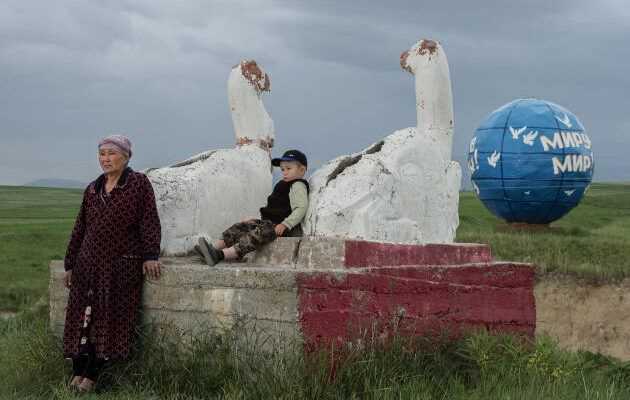To analyseThe conflicts arising from the dissolution of the USSR continue, and the sound of Russian boots is heard on the eastern borders of Europe.
Thirty years ago, on December 25, 1991, the official death certificate of the USSR was established at the same time as the emergence of fifteen independent states, federated since 1922 in a unique space in the world. Appointed in 1985, Mikhail Gorbachev, last secretary general of the Communist Party of the Soviet Union, abdicated, after having occupied the ephemeral post of president of the USSR, unelected, between 1990 and 1991. Between these two dates, the Party had itself ceased to exercise its magisterium before being banned, then dissolved.
Archives, in particular those of the Gorbachev Foundation, testify that in the West no one anticipated, or even wanted, this collapse. Of course, the emancipation of the Eastern bloc was admitted and even encouraged, but not the disintegration of the last empire on the planet. Long before the little sentence uttered in 2005 by Vladimir Putin on “The greatest geopolitical disaster of the twentiethe century “, François Mitterrand had he not qualified, in October 1991, in front of Mikhail Gorbachev, this dislocation of “Historic disaster, contrary to the interests of France” ?
The wars after
Relieved by the responsibility assumed by Russia, and by its new leader, Boris Yeltsin, to assemble the entire nuclear arsenal scattered in the Soviet Union, the West then moved on. The cold war was coming to an end. Other concerns have taken over, focused on the emergence of Islamic radicalism, then the fall of regimes in the Middle East. The wars after, the post-Soviet conflicts nevertheless quickly arose, and still continue today.
Chechnya’s desire for independence, crushed in blood, was not silenced until the Kremlin established in 2005 a regime of terror embodied by Ramzan Kadyrov. Begun in 1988, the deadly conflict between Armenia and Azerbaijan for the control of Nagorno-Karabakh rebounded with extreme violence in the fall of 2020.
After a lightning war with Russia in 2008, Georgia was cut off 20% of its territory when, supported by Moscow, the provinces of Abkhazia and South Ossetia proclaimed their independence, no. recognized to this day by the international community. Since 2014, the annexation of Crimea by Russia and the armed confrontation in Donbass, in eastern Ukraine, between forces loyal to Kiev and pro-Russian rebels supported by Moscow remain more relevant than ever.
“Shock waves”
You have 26.38% of this article to read. The rest is for subscribers only.
